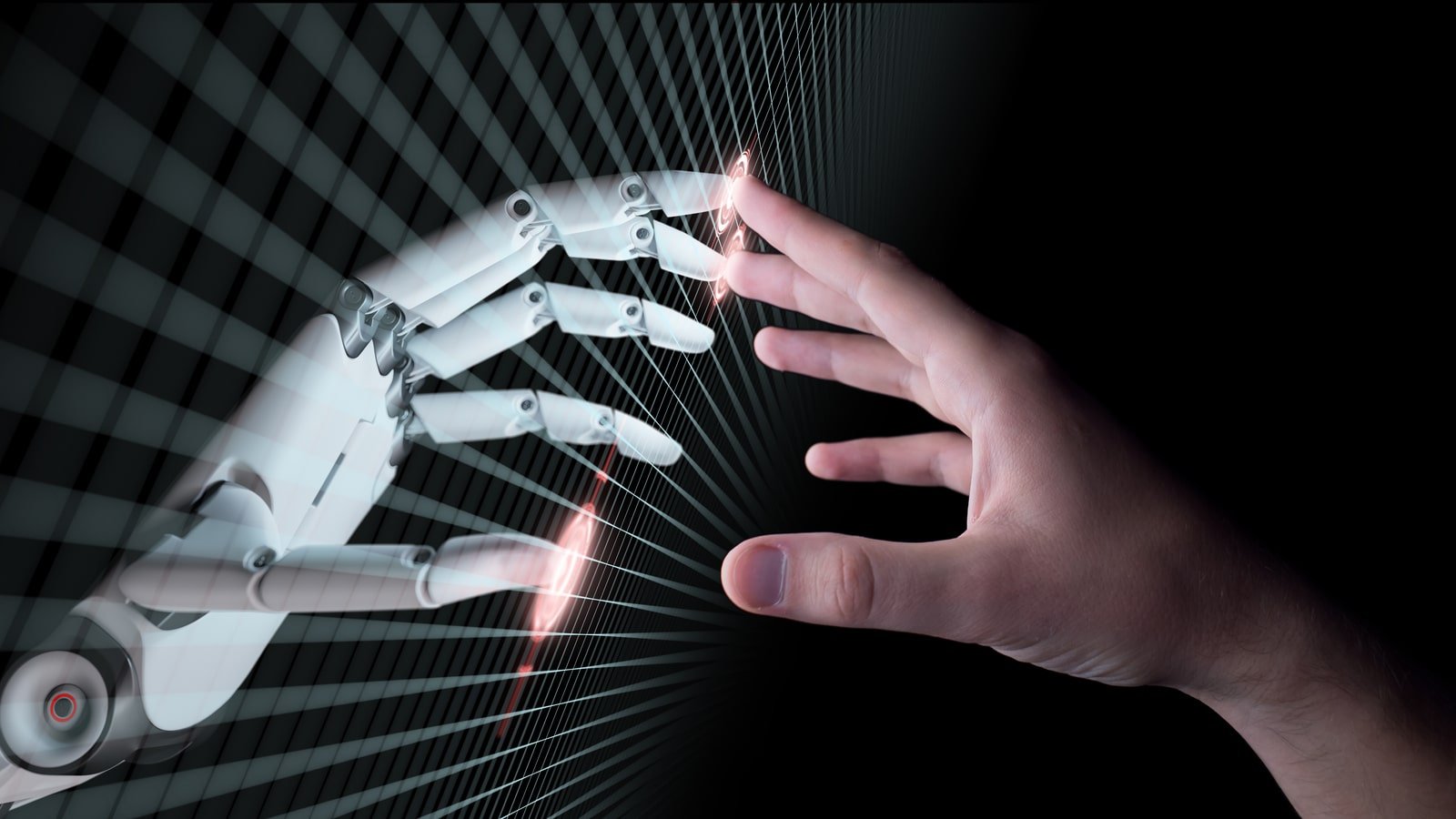We are all familiar with artificial intelligence, the latest hope for revenue in Silicon Valley, which is currently enhancing our lives significantly. AI has experienced a notable surge in recent years, absorbing vast amounts of internet content and transforming it into some of the most unattractive and nonsensical spam we have ever encountered. This transformation is undeniably remarkable. However, the proliferation of spam and scams is not the intended purpose of this sophisticated auto-correction technology. Its primary goal is to yield returns for the billionaires who have invested heavily in futile wearables that remain unused, a “Metaverse” that lacks demand, and an internet inundated with undesirable content. This scenario feels all too familiar.
Recently, James Cameron weighed in on AI, essentially saying, “I told you so.”
One individual greatly perturbed by these developments is Jon Stewart. Upon departing Apple TV+ last year, reports surfaced suggesting that Stewart’s departure was linked to his planned coverage of Chinese smartphone factories and AI—a claim that Stewart himself confirms in his interview segment. While there may be a slight conflict of interest with a tech behemoth like Apple, it seems perplexing that a struggling basic cable channel, predominantly airing reruns of “The Office,” would be embroiled in such matters.
“The Daily Show” excels in its presentation of key arguments. Through skillful editing, Stewart exposes the absurdity of corporate rhetoric that prioritizes profit maximization while glossing over critical issues. By showcasing a montage of CEOs from major tech companies such as Microsoft, Facebook, and Google lauding AI as “better than fire or electricity,” echoing Google’s Sundar Pichai, Stewart effectively drives home the point without needing to add much humor (although the quip, “Suck a dick, fire,” is quite effective).
Stewart’s talent lies not only in editing but also in highlighting core issues. His segment on AI underscores the false promises of a brighter future through empty hype. While it is widely acknowledged that AI falls short as a consumer product due to its lack of excitement and functionality, the real concern arises when proponents envision a future devoid of work, seeking to replace human labor with mindless machines incapable of even crafting a script for a mundane Willy Wonka-themed party. The disconnect between the potential of AI and its current reality is glaring.
Despite the lofty claims made by tech billionaires about AI’s potential to address climate change and cure diseases, the technology has yet to deliver on these promises. Instead, it expends substantial energy generating unappealing Pixar characters that attempt to be humorous. Mark Zuckerberg’s assertion that AI could liberate us from the mundane task of toasting bread falls flat when compared to human capabilities, albeit with a significant water consumption footprint. Perhaps OpenAI would have a more compelling case if its engineers directed their efforts towards tackling climate change through algorithmic solutions—an area that remains surprisingly unexplored.
In Stewart’s view, be it globalization, industrialization, or artificial intelligence, the pursuit of greater profits and new markets often comes at the expense of existing ways of life, which can be harsh realities for individuals.










